Subscribe for Access
Enough with the theory, this is how the 3 I's of Ecosystem-Led Growth should look like–a real-life example.

You know that the 3 I’s of Ecosystem-Led Growth (ELG) — intel, influence, intros — are how you’ll win in today’s market.
You are armed with resources like The Nearbound Sales Blueprint, the perfect pitch to get your C-level on board, and even a deck to explain what ELG is.
But what do these plays look like in action?
Let’s look at a real-life example of what the 3 I’s of ELG look like on the ground.
The information you’re about to read isn’t a template we created. It’s taken from a real-life example of how we implement the 3 I’s of ELG.
*Please note: For confidentiality and trust purposes, we’ve omitted identifying information from the emails.
Let’s get this train rolling…
Before getting into the weeds of these plays, here are the key concepts you need to remember:
Ecosystem-led growth is a Go-To-Market strategy that taps into the power of your ecosystem. When you partner with those your buyers already trust, you close more deals faster.
Layer ELG into your inbound and outbound activities to bring partner intel and influence to every step in the customer journey.
ELG unlocks faster revenue growth and helps overcome challenges in partnership, marketing, and sales by using the 3 I plays:
- Intel: Any information that your partners and/or partnership technology can provide you about an opportunity. Get the answers to the test from those who know.
- Influence: Use a relationship to advance to the next step. Surround key moments in the buyer journey.
- Intros: The holy grail. You are leveraging trust at its highest level with your partner to get you connected with the right people. Tap into trust already built.
Now that you have the principles in hand, let’s action your ELG strategy.
The full play-by-play
We’re sure this situation has happened to you at least once:
- You reached out to your buyer and after a couple of meetings and emails, they just stopped responding without any explanation — most commonly known as ghosting.
- The problem is that you don’t know if there’s a budget issue, if they didn’t understand the demo, or if it wasn’t the right timing. There’s no way to get your buyer interested again.
- You tried your best to get the conversation back, but after a couple of months, you just accept the fact that isn’t going to happen if you continue with your same outbound and inbound strategies.
Here’s when the 3 I’s of ELG can help you win back your buyer.
However, you need to keep in mind that the intel, influence, and intro play don’t have to be directly used to sell but to co-create value with your buyer, and surround them with influence so they can see the value of your relationship, and potentially become a customer.
Step one: Send your influence play
Whenever you find yourself in the previous situation, you have to get in contact with one of your partners who has your buyer as a customer or partner (they can be in a recent or long-term relationship), and with whom you have an existent good relationship.
Here’s the catch, don’t ask your partner directly for an introduction for selling (that will only hinder the trust they have already created with your buyer), instead ask for an introduction for co-creating value and offering a way to help them achieve their goals.
Keep in mind that your partner is helping you get in contact with your buyer, so please, make the ask as easy as possible and create an email template for them to send.
Here’s how we did this step:

Step two: Get a confirmation
This one is easy and there’s not much you can do but wait.
Just make sure your partner sends your influence email template to your buyer. A simple “done” is more than enough.

Step three: Follow-up
If your partner has already shared with you your buyer’s reply, you can skip this step.
But, if after a couple of weeks, you haven’t received an answer, send a follow-up email to your partner.
This will also make sure that your influence play isn’t buried in your partner’s inbox.
A simple, “Did X ever follow up?” might be enough (depending on how close your relationship is with your partner).

Step four: Check your point of contact’s channels
The best scenario possible is when your partner gives you the intel before you even ask.
If that doesn’t happen, it doesn’t hurt anybody if you ask for any other channel they can get in touch with your buyer. It can be a sync call, an event happening soon, or a regular catchup meeting.
Just like it happened to us.
Top tip: It can be good for you to know when is that contact with your buyer taking place so you can track and ask for a recap once it happens.

Step five: The meeting
Once you know when your partner and your buyer’s meeting is going to take place. Take some time to enable your partner on the value you’re going to deliver to your buyer.
They need to understand your value enough to be able to properly communicate it in the meeting.
Remember the objective with the 3 I’s of ELG is not selling at the first instance, but building a relationship with your buyer thanks to the trusty relationship your partner has with them.
Only after you build a relationship and prove your value, only after that, the selling process can start.
Once the meeting is taking place, there’s not much you can do, but trust in your partner.
Step six: The intel play
Once the meeting is over, of course, you’ll want to know what happened. So, if your partner doesn’t send you a recap, make sure you ask for one.
Leverage your partner to get as much intel as you can from your buyer, their opinion on your sales process, their main struggles, the main point of contact, purchase options, etc.
This is the intel we got from our play:

Step seven: The intro play
If you play your cards correctly, you can transform that intel and influence into an intro. In our case, we got an intro to the main decision maker in our buyer’s company, who has been ghosting one of our Sales reps.
All of this in less than a month.

This intro doesn’t mean we can sell to them again, we need to build a relationship with them, gain their trust, and prove to them that our relationship and product are worth it.
And after implementing the 3 I’s of ELG — we know that it doesn’t happen overnight–this buyer has 53% more chances to become our client, just because someone invited us into the conversation.
Unlocking sales success: The power of the 3 I’s of an ELG strategy
The 3 I’s of ELG — Intel, Influence, and Intros — offer a strategic approach to re-engage with buyers who have become disengaged or have "ghosted" your outreach efforts.
By leveraging partner relationships and co-creating value, you can reignite interest, gain valuable insights, and potentially convert these leads into customers.
This step-by-step approach demonstrates the effectiveness of ELG in not only recovering lost opportunities but also nurturing long-term client relationships for sustained growth.
And it works!



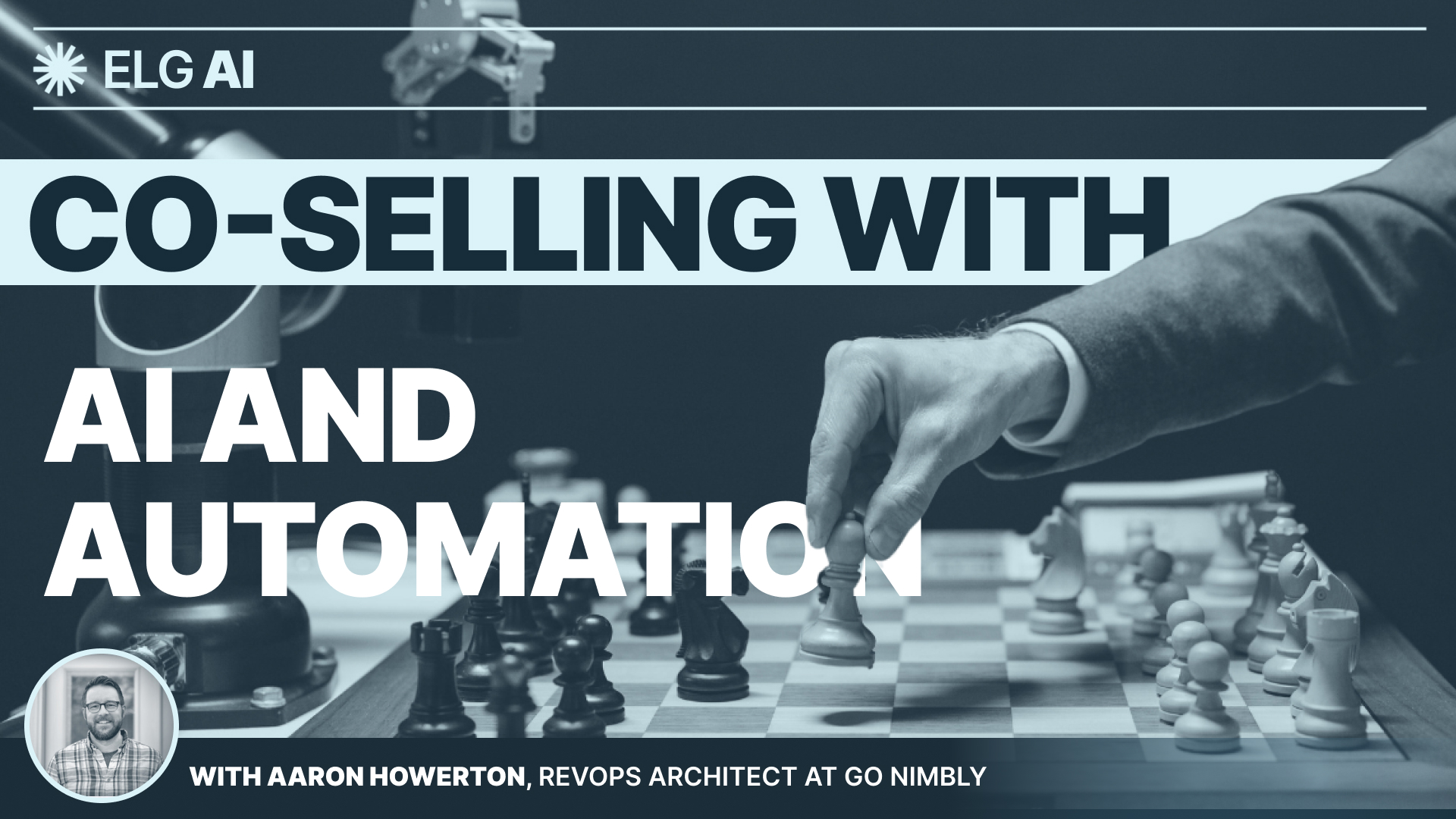


%20(1).jpg)


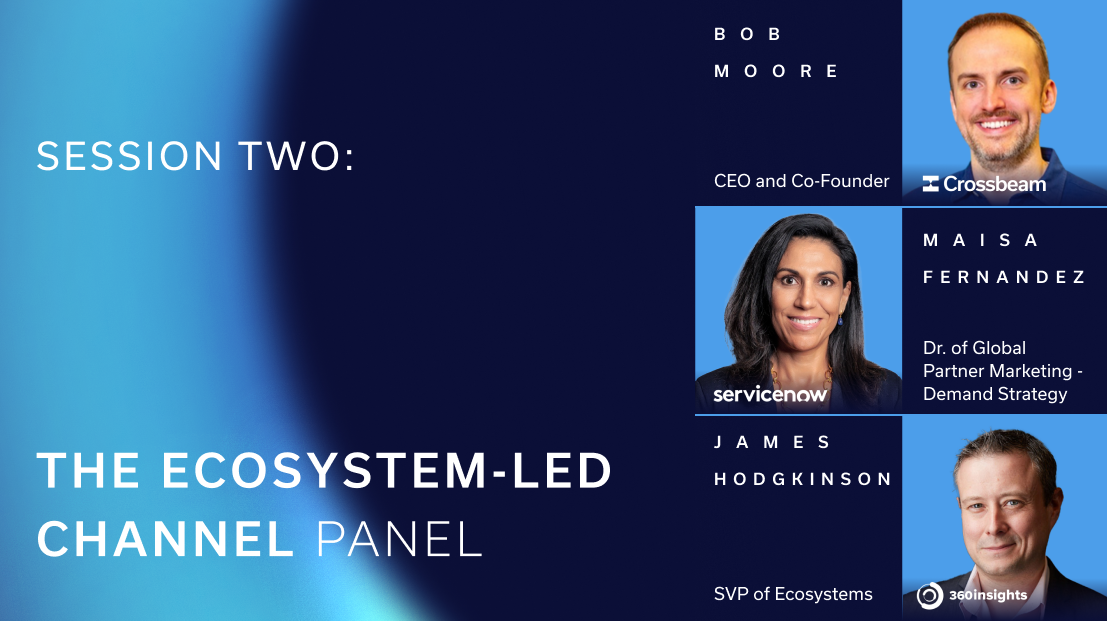



.png)
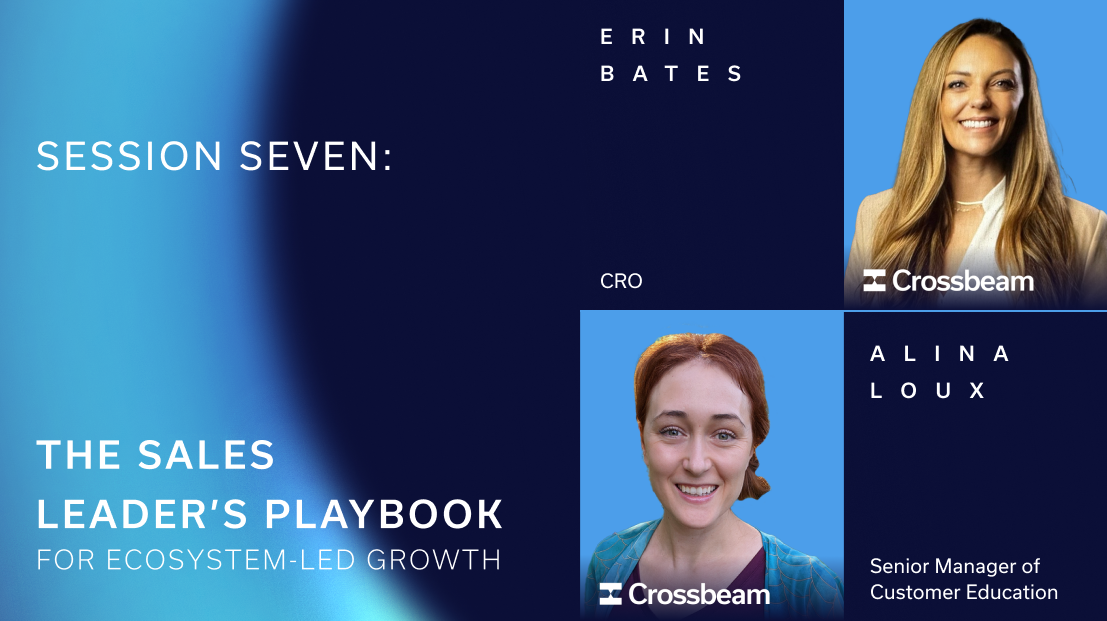
















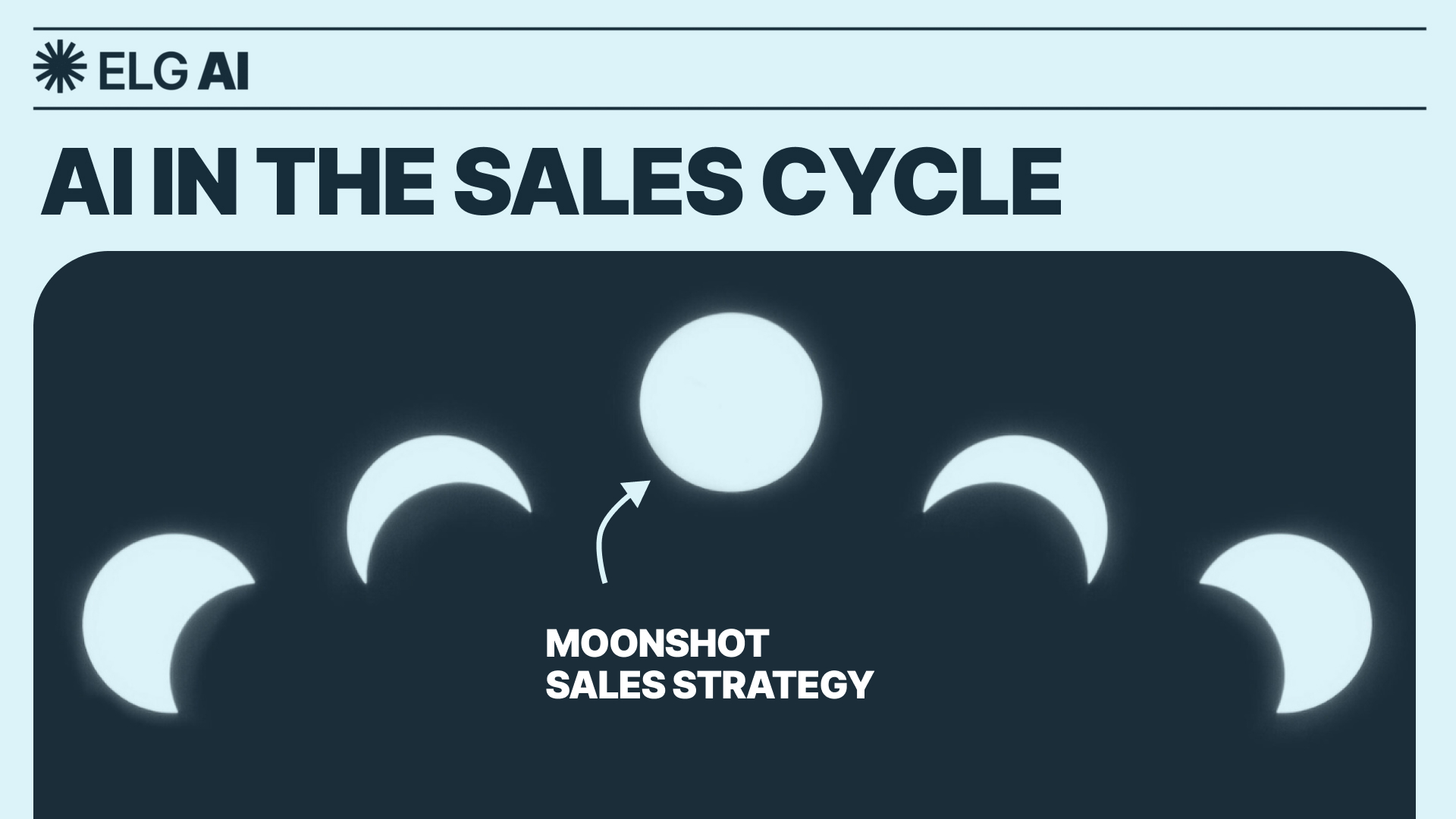

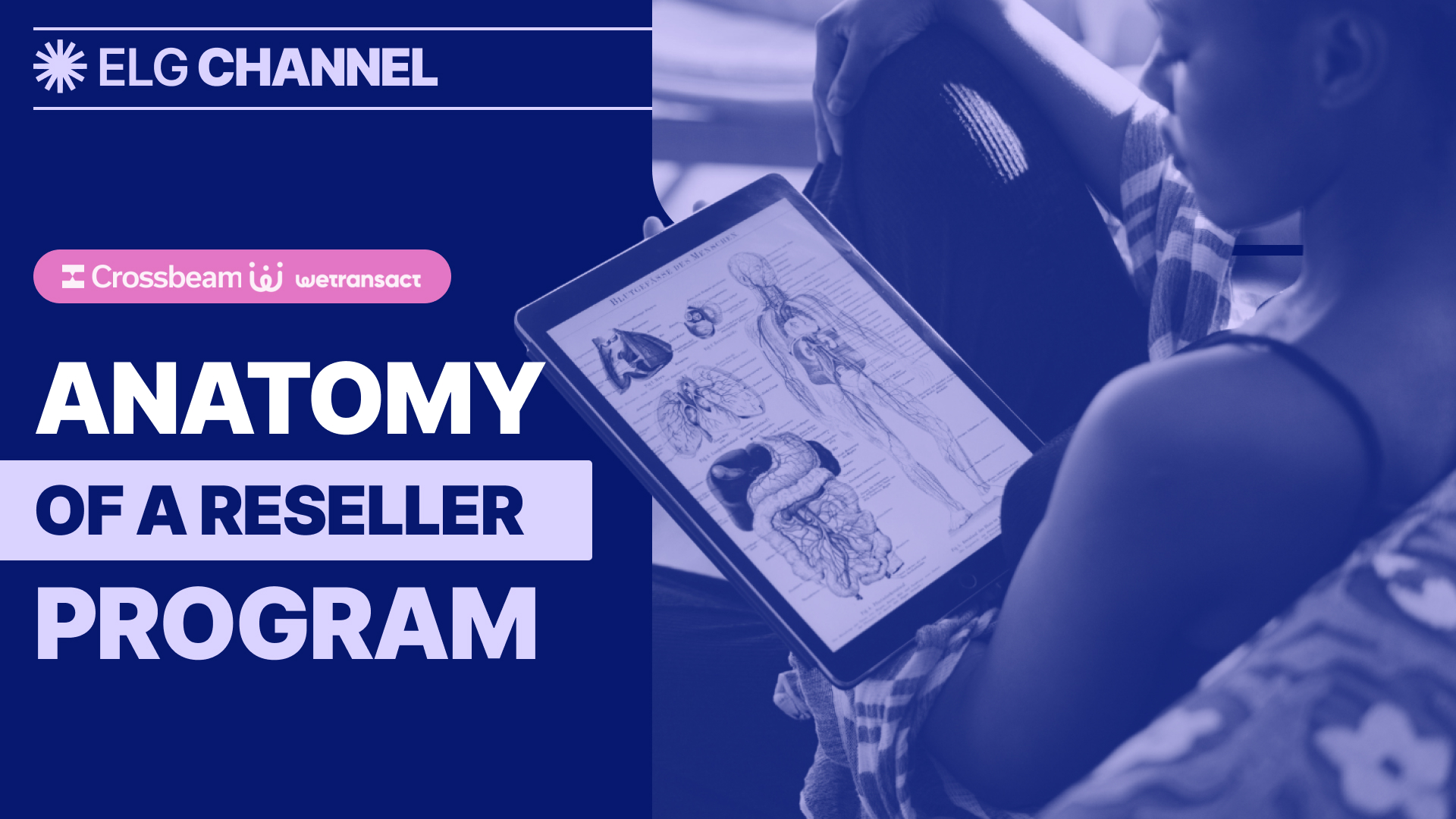








.jpg)




.png)



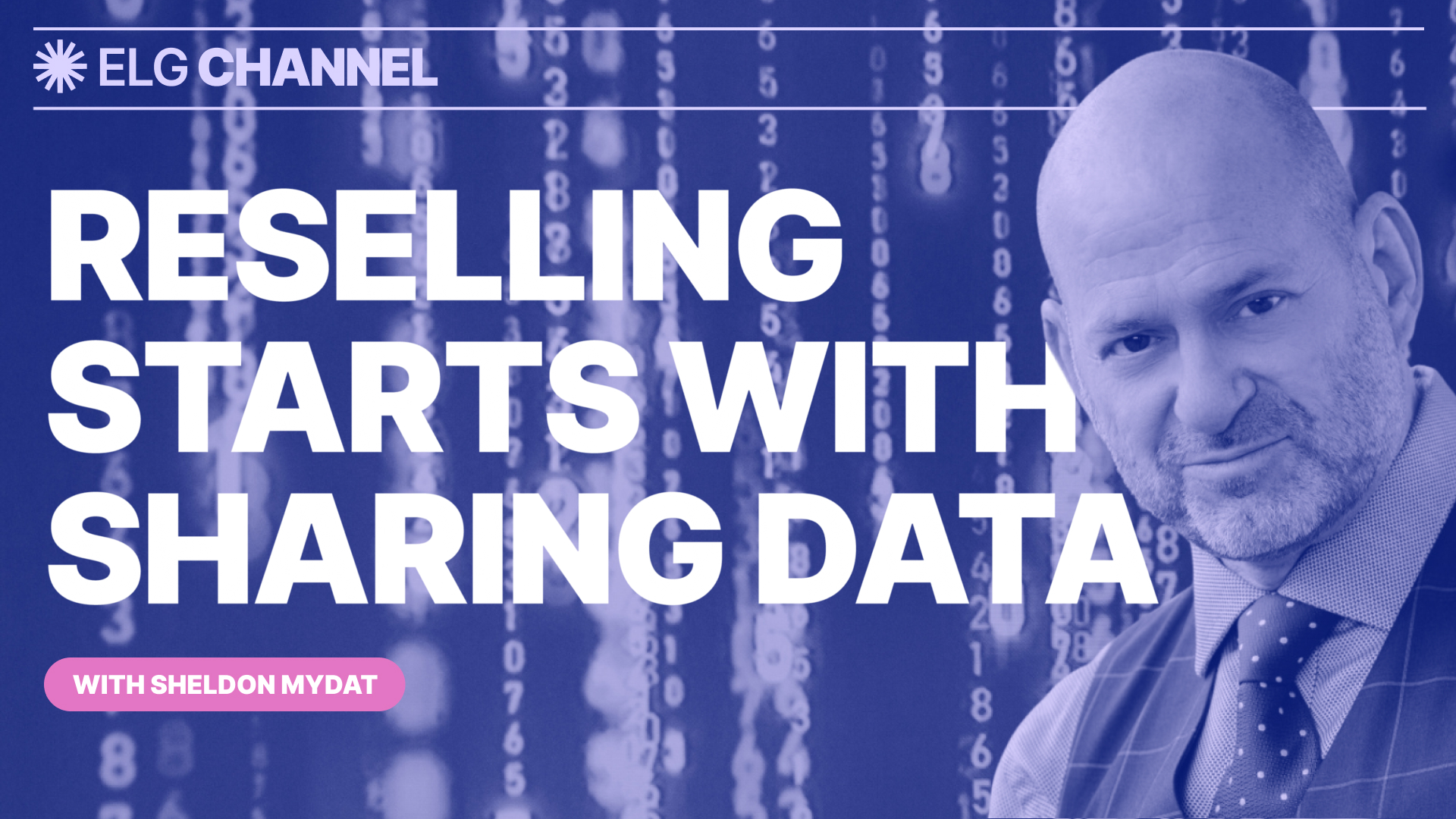


.jpg)





.jpg)

.webp)


















.webp)












